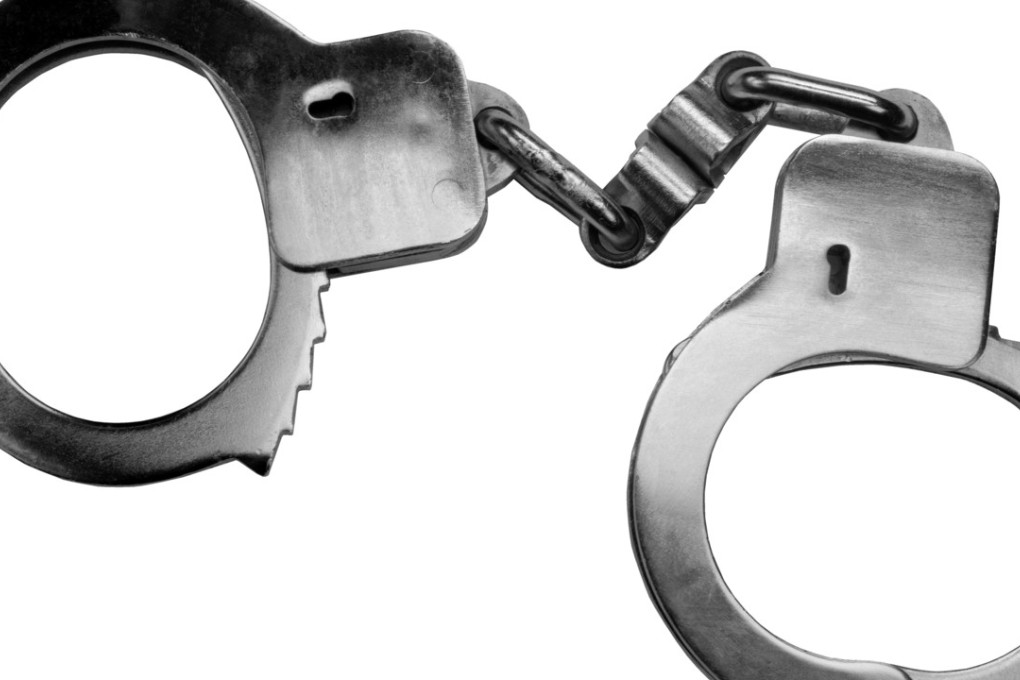Opinion | When creativity can lead to unethical behaviour
Research has shown that creativity can sometimes lead to unethical behaviour.
Companies seeking to encourage more creativity from their employees should be wary of potential ethical pitfalls

Creativity will be one the three most important skills employers value the most by 2020, according to a report by the World Economic Forum.
Creativity leads to unique ideas and solutions – which is important as artificial intelligence and robotics gain prominence and impact the way we work.
While creativity is generally a desirable characteristic, research indicates there can be a dark side associated with creative thinking in terms of unethical behaviour.
Unethical behaviour abounds especially in the commercial sector.
Construction machinery giant Caterpillar had to write off some $580 million of its Chinese Siwei acquisition when the latter was alleged to have conducted accounting fraud to inflate revenues. Fabrics company Hontex International had to freeze proceeds from its initial public offering when investigators found that the company had inflated sales and cash balances ahead of its listing.
While these are cases of fraudulent conduct, we wonder whether they emanate from creative personnel who felt warranted to engage in such practices given the potentially lucrative financial returns.